$DXY $EURUSD $SPY
#Trump #TradeWar #EuropeanUnion #USMarkets #Forex #GlobalEconomy #TradeDeficit #WorldEconomicForum #Economy #EU #Tariffs #MarketImpact
In a virtual address to the World Economic Forum, former U.S. President Donald Trump sharply criticized the trade relationship between the United States and the European Union, calling it “very, very unfair” from America’s perspective. Trump’s comments reflect his long-held view that the EU’s trade practices place the U.S. at a significant disadvantage. This isn’t the first time Trump has voiced such concerns, as his administration frequently clashed with the EU over trade policies and tariffs on goods such as steel, aluminum, and automobiles. While Trump is now out of office, his remarks could reignite discussions on America’s trade strategy and the economic relationship between the two major global economies.
The implications of such rhetoric on financial markets are multi-faceted. Historically, trade disputes have often spurred volatility in the currency markets. Trump’s criticism of the EU might result in increased scrutiny of the $DXY (U.S. Dollar Index) and $EURUSD currency pair, which typically respond to geopolitical tensions and trade-related uncertainties. Should these remarks revive talks of tariffs or other trade barriers, European companies with significant exposure to the U.S. market could see pressure on their stock prices. Conversely, heightened trade concerns may boost safe-haven assets like U.S. Treasury bonds, precipitating potential downward adjustments in broader equity indices such as $SPY.
Looking back at Trump-era trade policies, the approach often resulted in short-term market turbulence, with investors adjusting portfolios to account for increased costs on businesses that rely on cross-border trade. For example, sectors like automotive and aerospace frequently bore the brunt of such tensions. If these friction points return to the forefront, they may lead to reallocation of assets toward sectors less reliant on U.S.-EU trade. Furthermore, the echoes of protectionist rhetoric could amplify concerns surrounding inflation, as additional tariffs may increase the cost of imported goods, further straining consumer spending—especially during periods of global economic fragility.
From a broader economic perspective, Trump’s statement sheds light on the enduring complexities of transatlantic trade relations. Even though his administration is no longer in charge, the remarks may add fuel to debates over next steps in U.S.-EU economic policy under President Joe Biden, whose approach to the EU has been less confrontational. Investors and policymakers alike are likely to monitor whether these comments alter negotiations or put additional pressure on efforts to collaborate on shared issues like climate policy and digital tax plans. As discussions unfold, market participants will be watching closely to assess the potential financial implications and adjust their strategies accordingly.

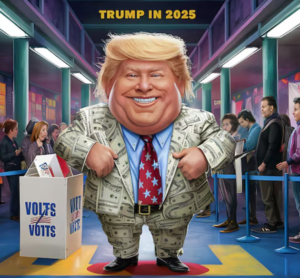



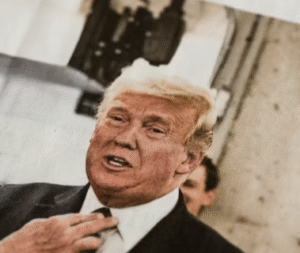

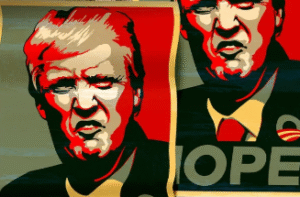
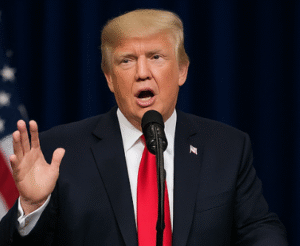
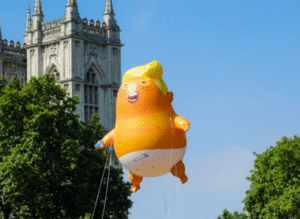
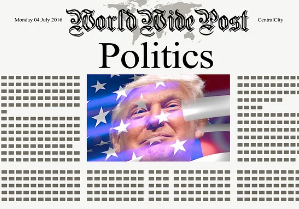
Comments are closed.